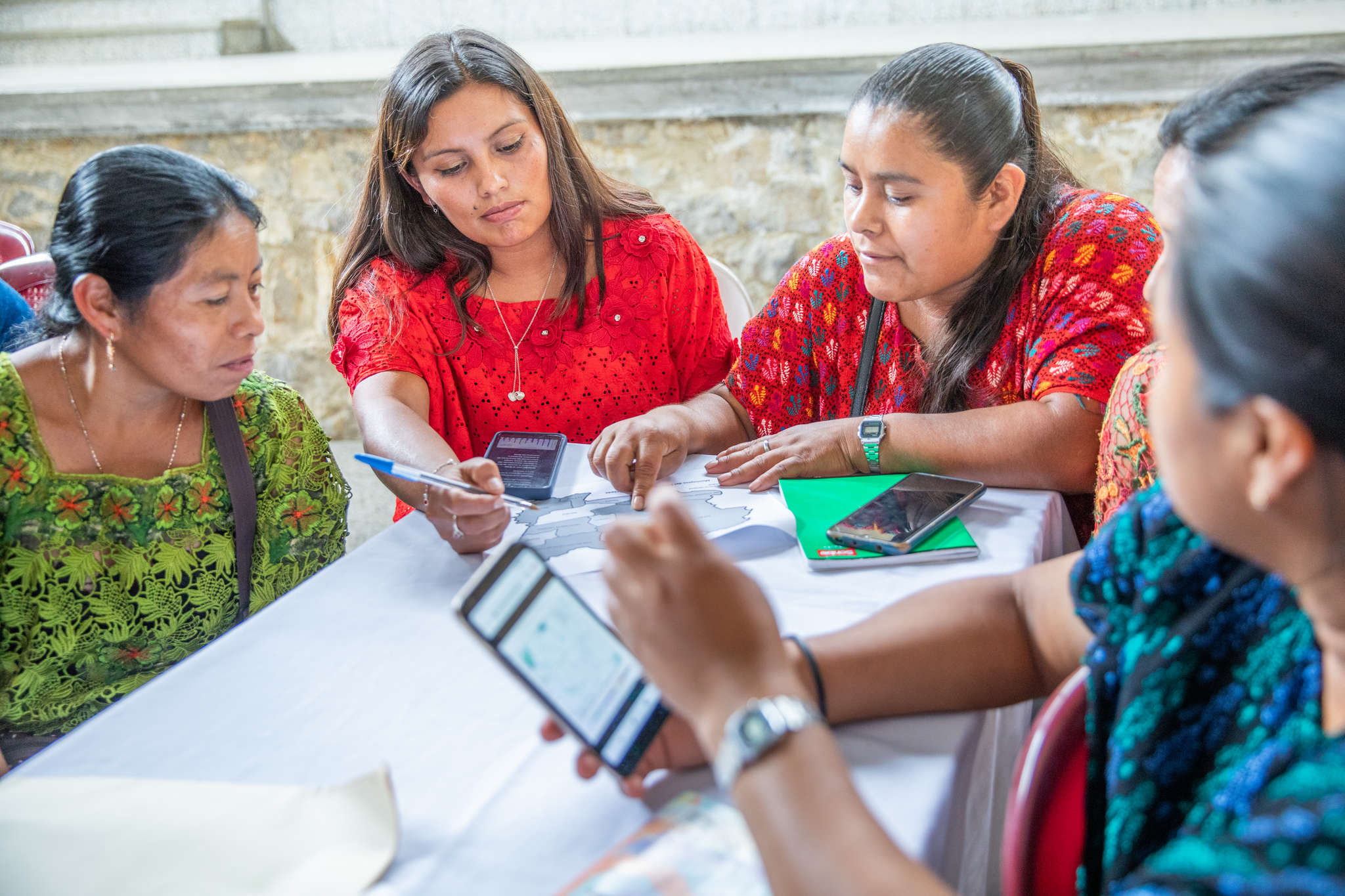Sharing information, not germs

Italy in crisis
In the midst of the COVID-19 pandemic, Italy’s response quickly escalated from cautious and muted to full-on containment, enforcing all residents to remain in their houses unless they have urgent reason to leave. On February 23, the Italian government began quarantining cities, and now, in March, the entire country is on lockdown. Italy now has more than 27,000 confirmed cases, and counting. In Italy and abroad, rumours, questions, and misinformation abound.
Sharing (digitally) is caring
Suddenly, social distancing and isolation is the norm, and in Italy, quarantine is enforced by police. Digital options are the best possible, if not the only, means of communication and information sharing in this new environment.
On 24th February, less than 24 hours after Italy began quarantining cities and minimising public transportation, Refugee.Info Italy jumped into action. Refugee.Info is an International Rescue Committee (IRC)-led component of Signpost. Launched in 2015 in response to the Greek migration crisis, Signpost is a partnership between the global humanitarian organisations Mercy Corps and the International Rescue Committee. It has reached more than 1.5 million refugees, asylum seekers and crisis-affected communities with critical information across seven countries and three continents. Through a suite of digital tools, Signpost provides up-to-date information in multiple languages on legal rights and documentation, accommodation, transportation, medical care and more to people who are in transit or starting life in a new country.
Writing a blog post and sharing across Facebook, the team quickly disseminated verified information to their followers. In an unprecedented level of engagement, the posts reached more than 100,000 people in three weeks. More than 18,000 people read the post and nearly 7,000 people used the Facebook post to navigate to the full blog article (which has been viewed 9,000 times in three weeks).
Just as soon as the information was posted, questions began flowing in. Refugee.Info Italy provided links to World Health Organization articles describing symptoms, news articles with additional information, and how refugees can access health care in the blog post. As quickly as the virus can spread, information is reaching populations that are already at risk of scams, rumours, and misinformation. On March 9, Italy told everyone to stay in their homes except for urgent needs. Refugee.Info Italy posted an article on March 12 to warn of the repercussions of leaving their homes. Since then, more than 150,000 people have seen the post, 1,500 people have shared the information, and 1,300 people have commented. The team shared updates on the original post as well as new Facebook and Blog posts as Italy continued to update the response. The blog has received more than 13,000 unique pageviews of the two posts related to COVID-19 helping people understand the evolving response and how it affects their day-to-day decision-making.

Clear and concise, amidst confusion
People are facing tenuous and fleeting job opportunities. Among them, refugees face unique challenges in Italy, or any host country. Access to services demand specific documentation or certain legal status. COVID-19 has had massive effects on the entire global economy, particularly affecting small job markets, where many refugees find employment opportunities. Missing work could have huge ramifications and fear spreads easily.

When Italy announced the “lockdown”, Refugee.Info Italy began receiving questions from homeless refugees. Entirely remotely, Refugee.Info Italy can point refugees toward services in their areas. The urgent cases, like homelessness, are taken on privately and on a case by case basis. Perhaps the most common challenge brought to Refugee.Info was about their asylum claims and legal documentation. Lockdown means that the organisations processing paperwork and documentation for people are closed.
Social distancing, digital bonding
Countries, businesses, and organisations around the world have been thrown into physical isolation and forced to shift to digital and remote workspaces and communications. Italy is not alone in this, though it is one of the only country-wide quarantines at this time, and people are learning quickly to engage in the digital space. Refugee.Info Italy has been developing an online community over the past two years, and helping bring people together in times of crisis. Individuals are sharing prayers, sanitation tips, and sharing news articles amongst each other. Refugee.Info Italy continues to update the blog and respond to Facebook comments and messages. As the crisis continues, the team continues to provide information, dispel rumours, and foster the most vulnerable in Italy.
For more information, please visit Signpost.ngo ▸



